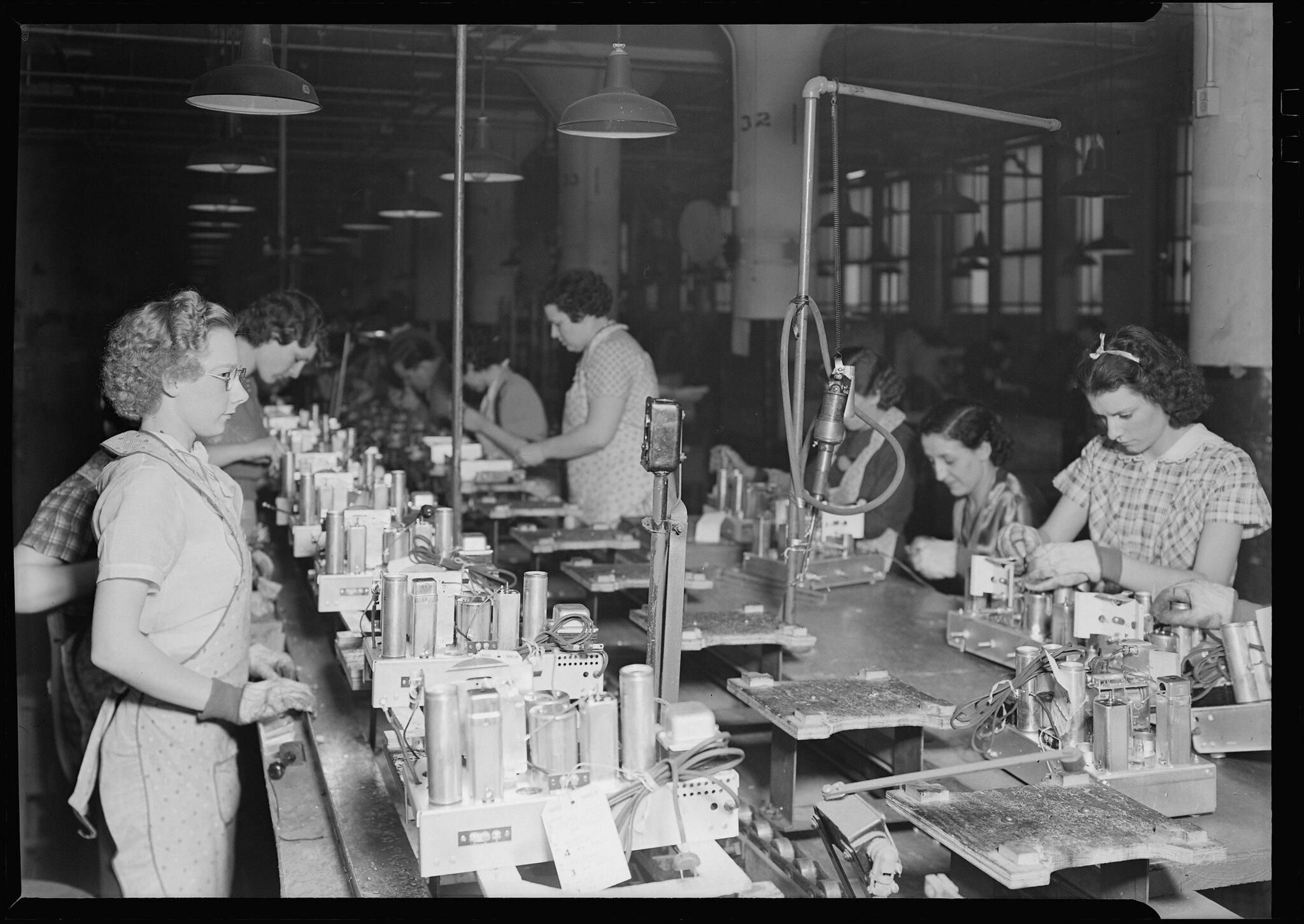How often do you think about your brand? I’m not talking about your logo, your colors, or even your tagline, but your brand; the unique essence that makes your organization different from anyone else. Do you check up on how consistently you’re living it out? Do you measure its influence and reach? Do you regularly monitor it? Does it influence your work daily? Does it help you make strategic business decisions?
I recently chatted with Steve Brock for the A Brave New podcast (you can listen to our episode here if you would rather hear Steve share fun facts about ermine). Steve has been working with brands for more than twenty years. To say he is a fount of knowledge is more than an understatement.
Steve reminded me of some very important things about brands, that I think we often forget, or gloss over.

We mistake brand for style
In this era of social media influencers, great style, and show-stopping packaging, people call lots of things by the name of “brand.” I can’t tell you how many times I’ve been with friends who have looked at a package, a napkin, a sign and expressed “wow, what great branding.” And I say nothing because I don’t want to be THAT PERSON. But inside I think, “that’s great style, not a great brand.”
We run across this with many organizations. They focus on the symbols of the brand, rather than the deeper understanding. They may be really good at the colors. They may have a strong voice and have extraordinary discipline when it comes to messaging. But they miss out on the bigger things that their brand really should be supplying their organization.
Your brand isn’t even about your mission. A distinct mission isn’t what makes a great brand. This is something that people with innovative products miss. And what makes them vulnerable. Your mission is what you do, but your brand is the distinctive way you carry out that mission. Too many people confuse the two. You can have the same mission as anyone else, but a distinctive brand is what will protect you from competition. Not even a great product can be great forever.

So, what makes a great brand?
For your brand to be great it must be relevant, distinctive, true, and actionable. Let’s take a deeper look at each of these 4 elements.
1. Relevant
In order for you to be relevant to your audience, you need to know what they want. Or maybe more importantly, what they need. Famously (and dubiously,) Henry Ford said:
“If I had asked people what they wanted, they would have said faster horses.”You need to start with brand research. If you never ask your audience, you're just guessing. Relevance is in the mind of your audience, so you need to understand what's relevant to them. You want to find and close gaps with your brand, and you can't do that unless you do the research to understand what those gaps are.
If you’ve created your entire brand without talking to your audience, it won’t be able to meet their needs. You may get close, but you won’t hit the mark by speaking for them.
2. Distinctive
What makes you uniquely you? Josh wrote a great article about how a differentiated brand sets you apart from your competition.
One of the things we’ve been talking a lot about in marketing circles is that everyone can produce content now. And there's no litmus test for whose content is the most true. Everyone's just pumping out tons of content, educational content, smart content, etc. What makes you stand out when access to your audience has been so democratized?
How are you different? What’s your perspective? What are you bringing to the conversation that makes you memorable? That makes people feel at home? Who would miss you (or your monthly email newsletter) if you were gone tomorrow?
3. True
Brands that are true are believable to your audience. Your brand only exists in their minds. You can try to control it, but the reality is that brands are like memories. You can plant a memory, you can remind people of it so it doesn't fade, you can even try to correct it a little bit when it starts to get off-track. But you can't control it. If you could, everybody could just buy their way into a brand, and you can't do that.
“You have to be consumer-centric more than ever. There is no space now for anything that is not adding value to people. Our brands exist to add value to consumer’s lives in different ways.”
-Marcel Marcondes, CMO Anheuser-Busch April 2020
4. Actionable
What does your brand motivate people to do? A terrible thing happens when you ask them to take an action that isn’t relevant in their life. Sales go down, and you’re not valuable to people anymore.
What does your brand do for them? Your customer journey should provide you with lots of insight here. Focus on how you can make their experience great, improve your outcomes, all while throwing in some delight.
What do all brands need?
In a word: consistency.
The key to maintaining a great brand is consistency. The reason we think that big brands are so much better than our small, boring, B2B brands, is that we see the consistency on a large scale. They have teams that focus on their brand and enforce it across the organization, so that employees and customers alike have a consistent experience. We think of Apple, Disney, Google.
Often you can see a lack of consistency with an organization’s messaging. It's not working because it's not constant, consistent messaging. It’s all over the place. Sometimes we just need to stop and build alignment, so everyone's saying the same thing, Because in our world of social media, and constant information, if you don't have a clear, consistent message, it gets garbled really quickly.
Whether or not you have the budget for a big brand management team or not doesn’t matter. Someone needs to be focused on the brand at all times, and have the power to enforce consistency.
How do I know if I have a brand problem?
For most companies, the obvious signs of a brand problem are going to be revenue and market share declines. But the way that we go about diagnosing more than anything else is listening to your audiences. Not just to your clients, if you're in the B2B space, but your client's customers. And you should have regular mechanisms for doing so.
Often people will say “our messaging isn’t working any more” or “it’s not resonating with people.” This is another sign that you need to work on the foundational elements above, and improve your consistency.
Brand is the most strategic discipline within an organization. It should dictate all your other operations, internal management, HR, every function should be affected by the brand. If that’s not the case for your company, then you have some work to do.
If you want to learn more about how to get started with your brand, or refresh based on the principles above, check out our guide to accelerated branding.
Don’t miss out, get Brave News now
Join the ABN community and be the first to learn about trends in inbound marketing, branding, and web design.






